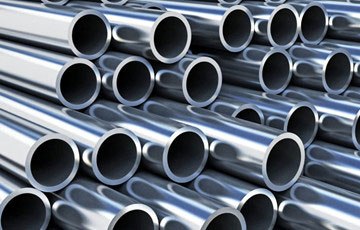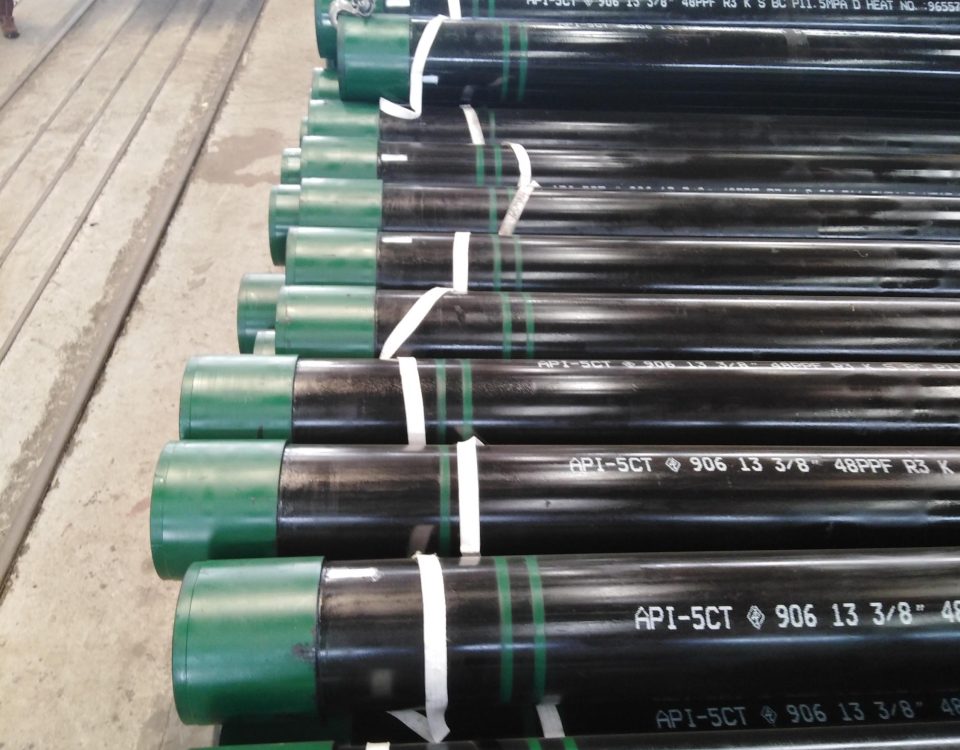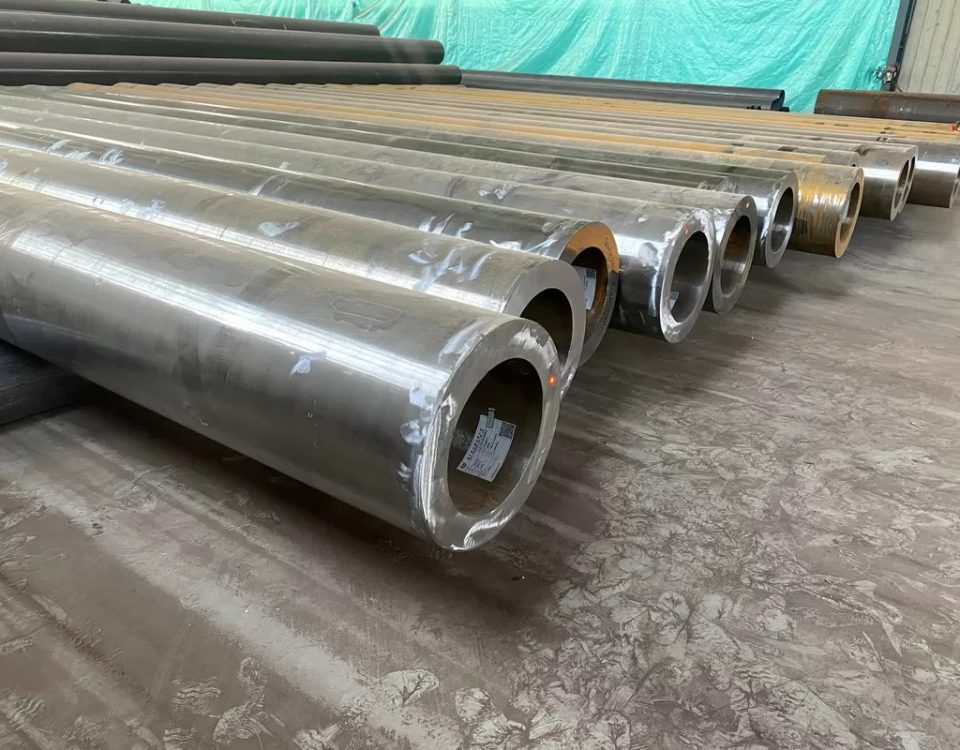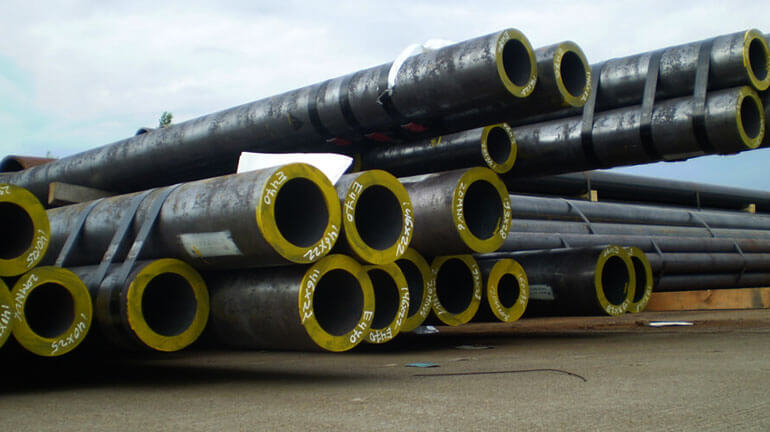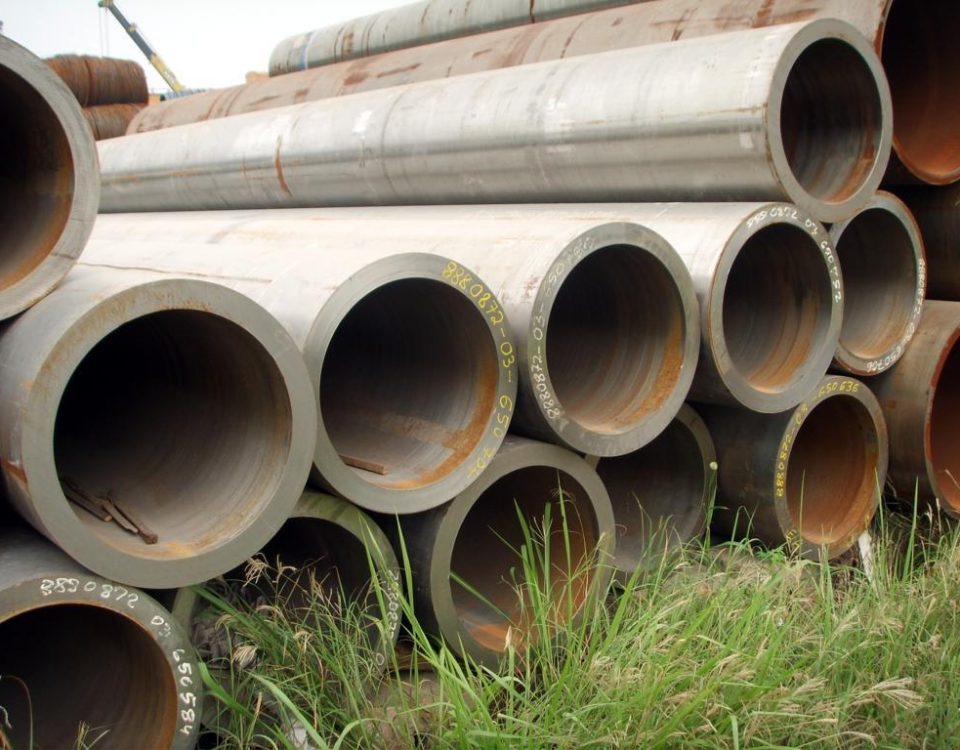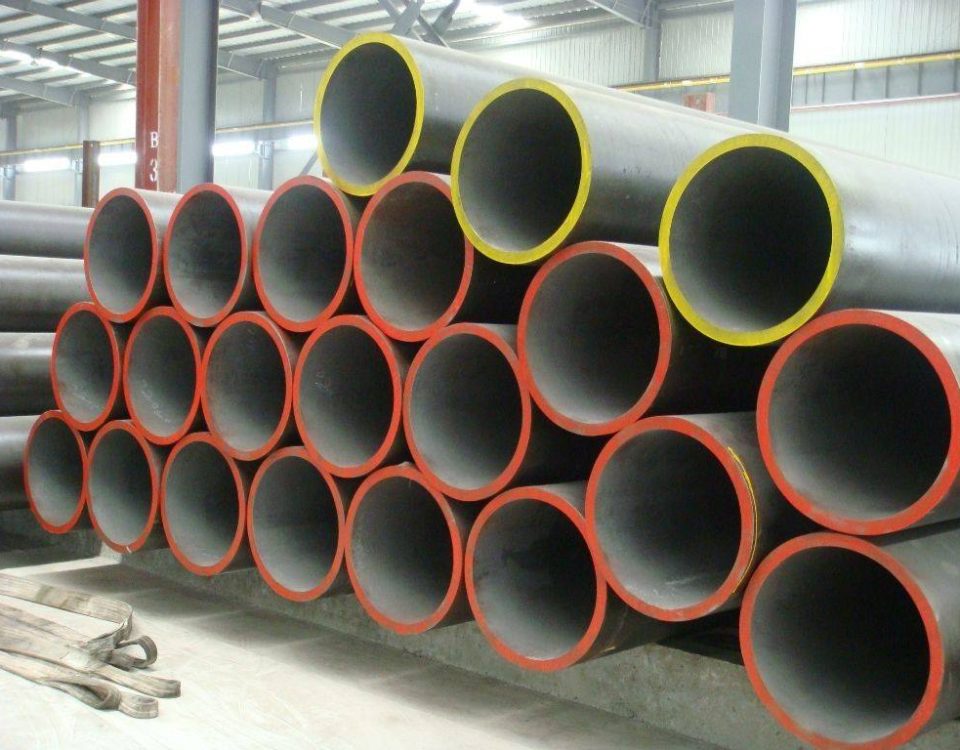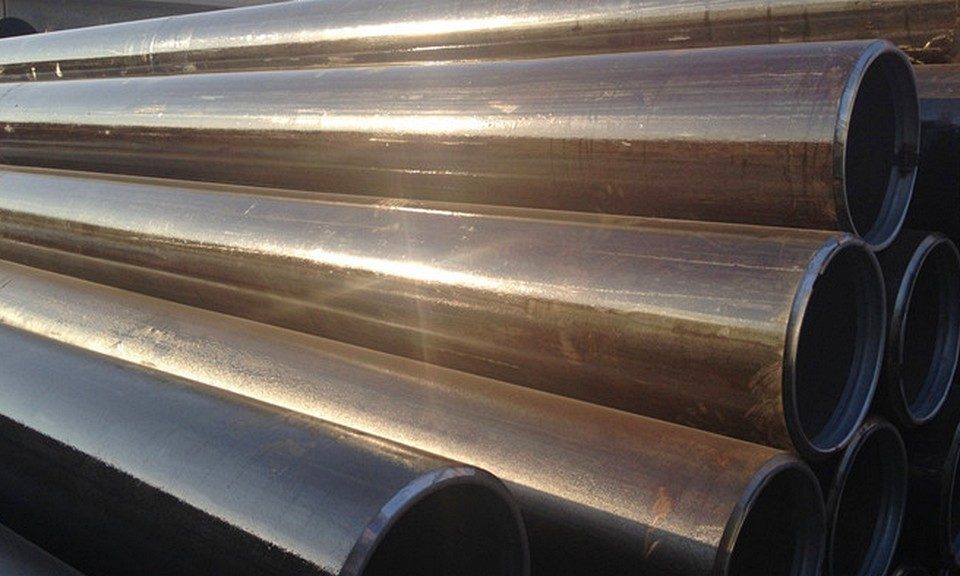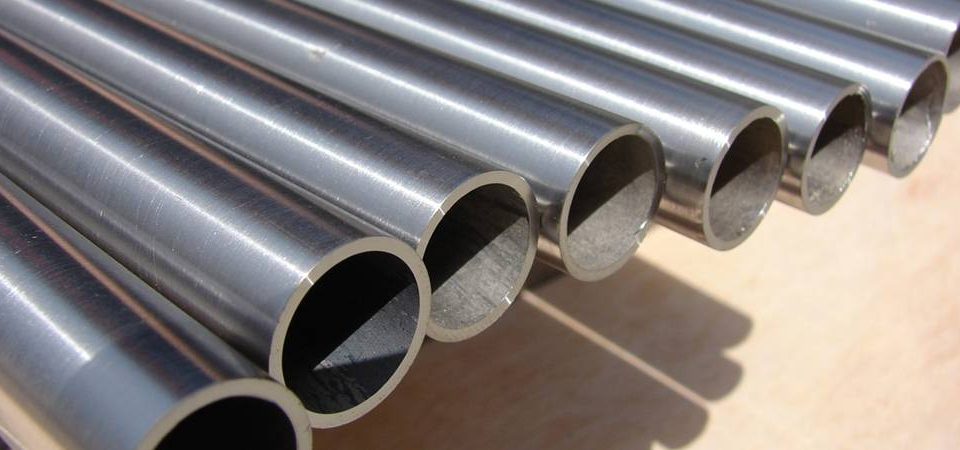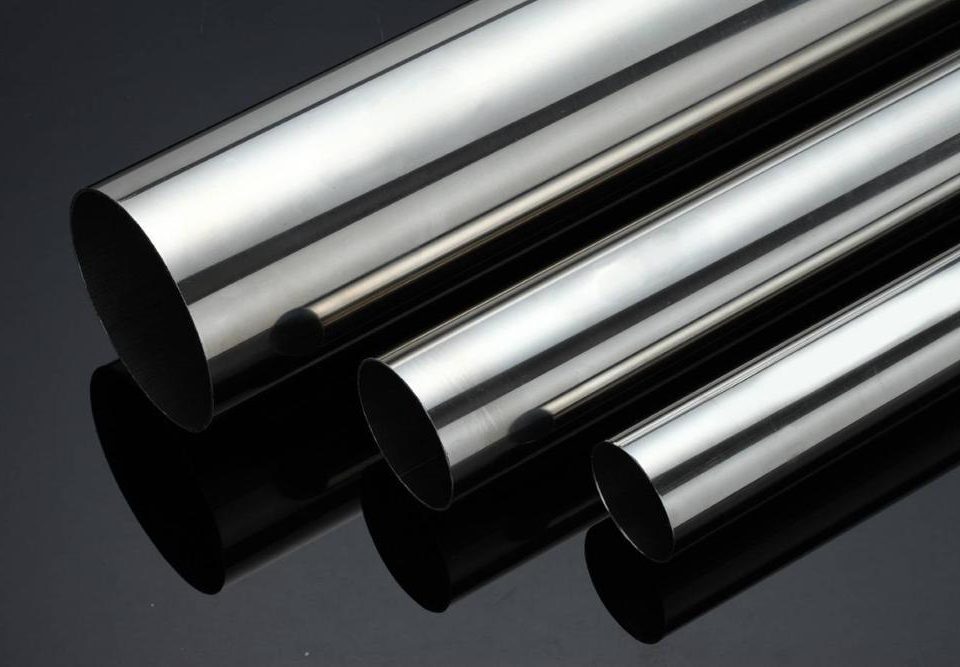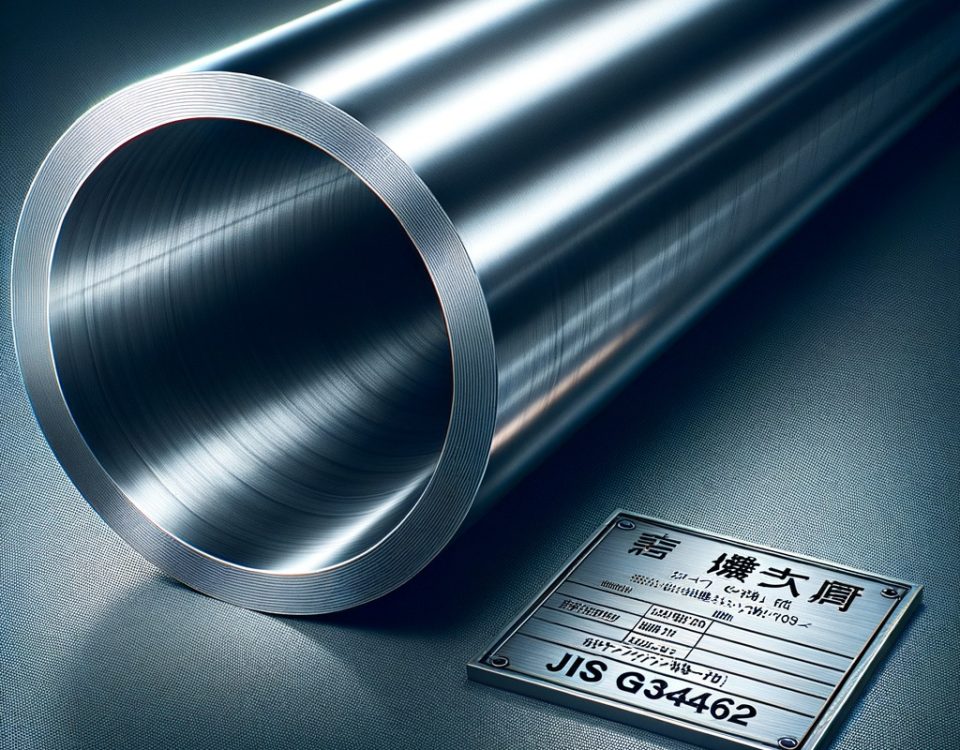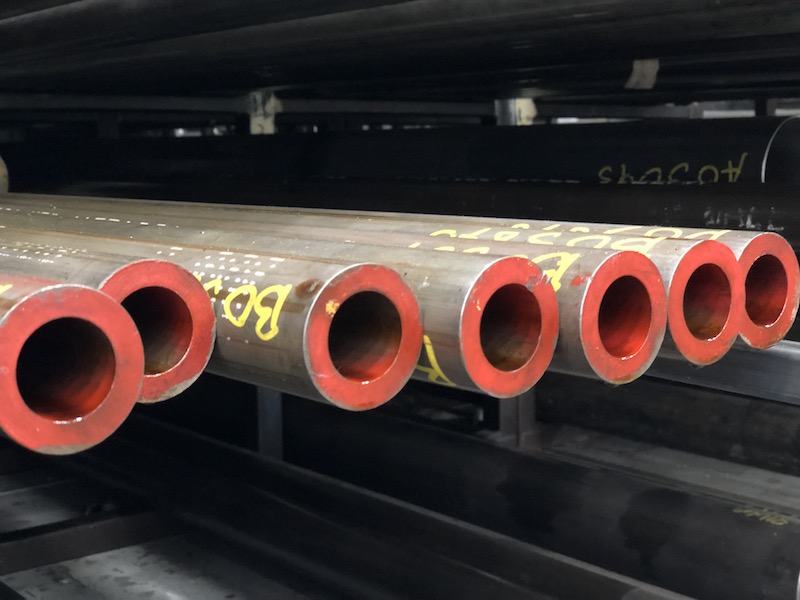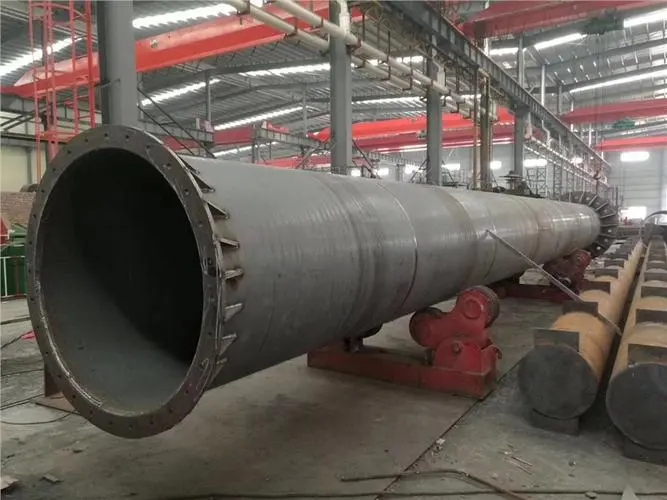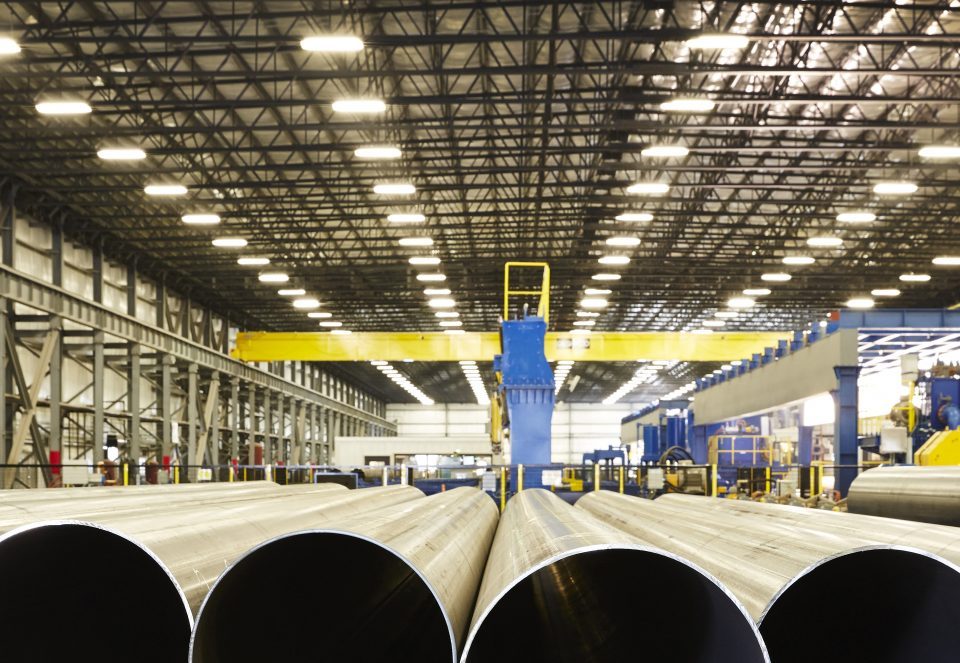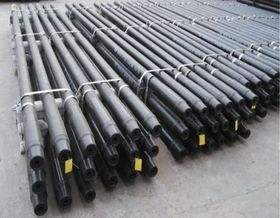
A brief introduction of Steel Drill Pipe
April 9, 2020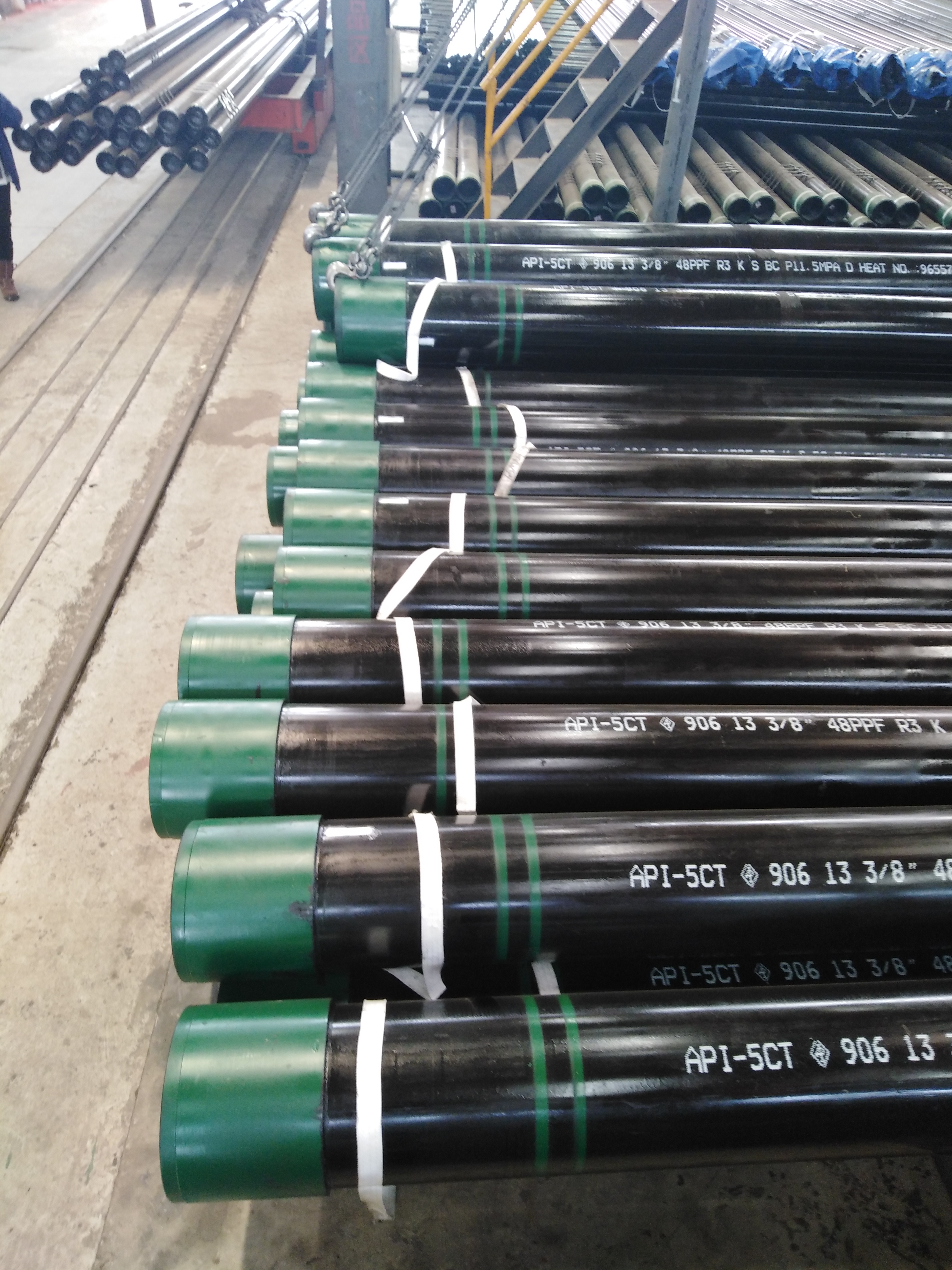
Types of casing threads used
April 14, 2020Stainless steel is made up of iron alloys, chromium (at least 10.5%) and other metal alloys such as nickel, titanium, copper or molybdenum. Essentially, it’s a family of heat and corrosion resistant metals combined to create an incredibly useful metal. The makeup of stainless steel varies depending on its intended use and corrosion resistance requirements. Stainless steel is available in a range of grades including Austenitic, Ferritic, Martensitic and Duplex.
Making stainless steel involves a number of steps
- Melting&Casting:The iron alloys are first melted together under extreme heat for around 8-12 hours.Once the metals are melted,they are cast into specific shapes(blooms,billets,slabs,rods and tube rounds)
- Forming:The steel is then hot rolled in order to form into its final shape.Blooms and billets are formed into bars and wires,and slabs become sheets,plates or strips.
- Annealing:This involves the steel being heated and cooled under careful control to soften and relieve internal stresses.
- Descaling:The build-up formed on the steel during annealing is removed by using one of several descaling techniques.Annealing and descaling can occur at different steps depending on the type of steel that’s being worked.
- Cutting:Mechanical cutting involving shearing(guillotine knives for straight shearing or circular knives for circle shearing),sawing,blanking or nibbling is used to achieve the steel’s final size.It can also be flame cut,or cut using a plasma jet cutting method.
- Finishing:Surface finishing gives stainless steel its smooth and reflective appearance,while providing additional corrosion resistance.Bright,dull or mirrored finishes can be achieved depending on the steel’s intended use.

